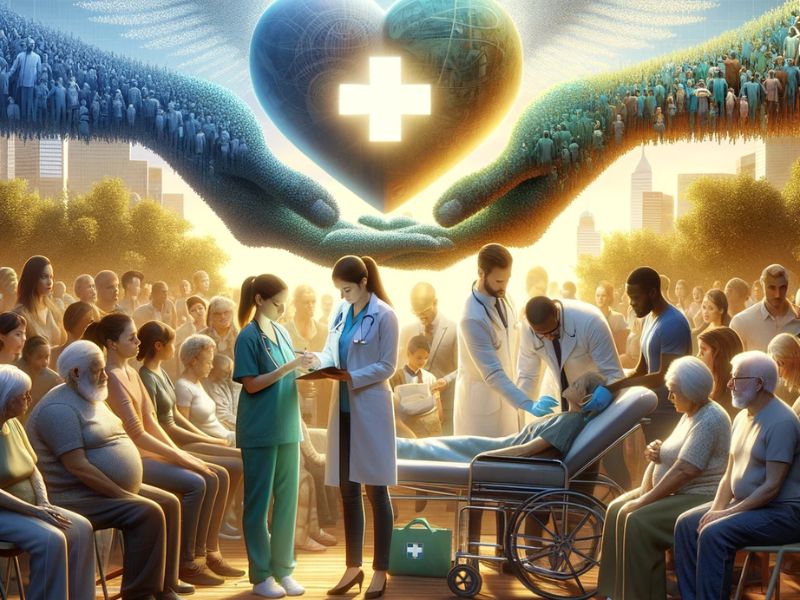
Medicine between vocation and competence: a path towards more equitable care
Reflections on the importance of compassionate and accessible healthcare for all
The lost vocation of medicine
Medicine, historically seen as a vocation and service to humanity, is gradually losing this essence. The profession now faces a paradigm where technical skills overshadow the sense of service and solidarity toward patients. This shift profoundly impacts the doctor-patient relationship and the accessibility of healthcare, especially for society’s more vulnerable groups.
Disparities in healthcare access
In a world where medicine is becoming increasingly commercialized, equitable access to healthcare is an escalating concern. These barriers not only amplify existing disparities between social strata but also threaten the fundamental right to health. Transforming medicine from a service of solidarity to a privilege for the few challenges the principle of equity in care.
The challenge of inclusive medicine
Today’s healthcare professionals face the challenge of rediscovering and reaffirming the importance of solidarity and inclusiveness in medical practice. Physicians, nurses, and all healthcare workers must strive to cultivate an approach that centers on the individual and their well-being. This would not only ensure greater equity in healthcare access but also reinforce the idea of medicine as a fundamental service for societal well-being.
The role of technology and innovation
Technology and innovation can play a crucial role in making healthcare more accessible and inclusive. From using telemedicine to reach remote communities to AI systems aiding in early diagnosis and treatment, technology has the potential to break down barriers to care. However, it’s essential that these technologies are implemented in a way that serves all population segments, without excluding those already marginalized.
Educating for compassionate care
Another key aspect is the education and training of future healthcare professionals. Medical training institutions should emphasize the importance of compassion, empathy, and ethics in patient care. By teaching medical students the value of compassionate care and equitable access to healthcare, there’s hope for building a future where medicine is seen again as a vocation serving humanity.
Medicine is at a critical crossroads: it can choose to continue on a path that makes it increasingly a privilege for a few, or it can rediscover its original spirit of service and solidarity. To ensure health remains a universal right and not a privilege for a select few, a collective commitment is needed for more equitable, inclusive, and accessible medicine for all.


